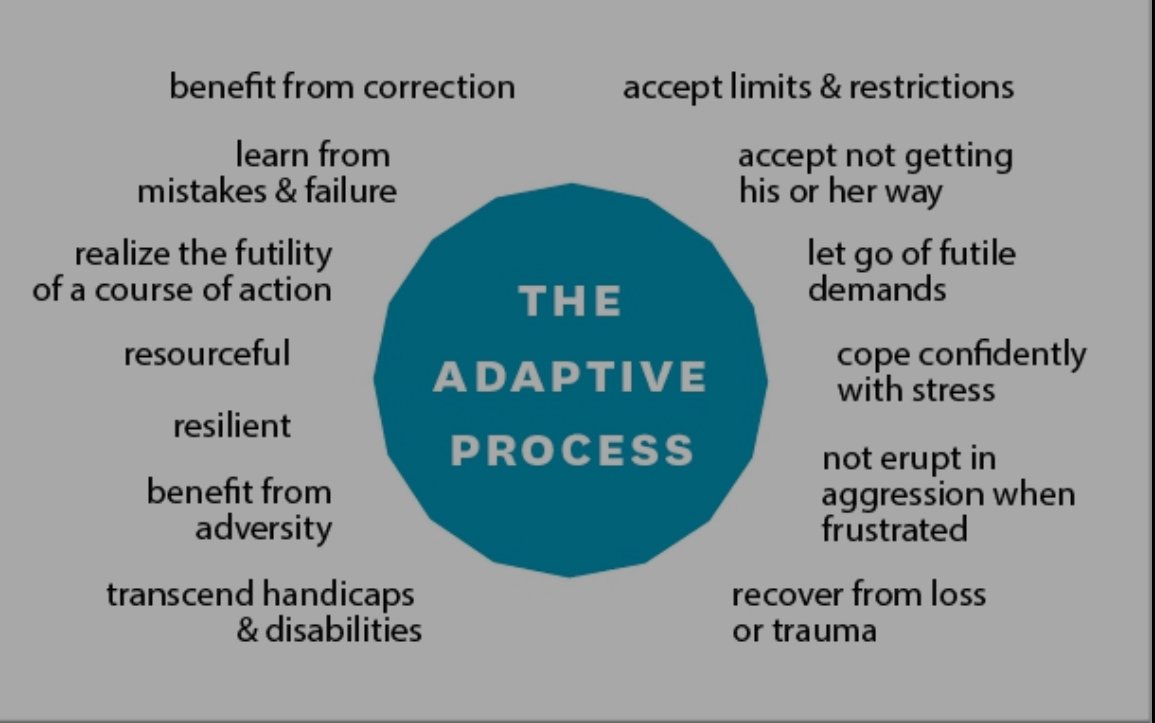The Emergent, Adaptive, and Integrative Processes
Gordon Neufeld, a developmental psychologist and author, has made significant contributions to the field of child development with his attachment-based approach. His philosophy, outlined in collaboration with Gabor Maté, emphasizes the importance of strong emotional connections between children and their caregivers. Neufeld's work is particularly influential in understanding how attachment impacts various developmental processes.
1. Attachment-Based Development:
- Neufeld emphasizes the critical role of attachment in a child's development. He believes that a secure emotional connection with caregivers is essential for healthy growth and well-being.
2. Vital Importance of Emotions:
- Neufeld underscores the significance of understanding and embracing a child's emotions. He suggests that emotions serve as a guiding force in a child's behavior and development.
3. Developmental Maturation:
- Neufeld's work emphasizes the concept of developmental maturation, where he explores the stages of emotional and psychological growth that children undergo. This includes understanding the unique challenges at each stage and the corresponding needs for support.
4. Counterwill and Authority:
- Neufeld introduces the concept of "counterwill," the natural resistance children exhibit towards external authority. He emphasizes the need for a delicate balance between setting boundaries and allowing children the space to express their autonomy.
5. Integration of the Brain:
- Neufeld draws on neuroscience research, highlighting the importance of integrating the brain's various components for optimal development. Emotional connections play a crucial role in this integration process.
6. Parental Role in Development:
- According to Neufeld, parents play a central role in a child's development by being the primary attachment figures. He encourages parents to provide a secure and supportive environment for children to thrive.
7. Supporting the Parent-Child Relationship:
- Neufeld's approach involves providing practical strategies for parents to strengthen their connection with their children. This includes recognizing and responding to a child's emotional needs, fostering a safe and trusting environment, and understanding the impact of attachment on behavior.
Gordon Neufeld's work revolves around the pivotal role of attachment in child development. His philosophy emphasizes the importance of emotional connections, understanding developmental stages, and supporting the parent-child relationship to ensure a child's healthy and holistic growth.
As parents, understanding the intricacies of your child's development can empower you to provide the support and guidance they need. Three key processes—Emergent, Adaptive, and Integrative—shape your child's growth and behavior. Let's explore each process and the behaviors you can expect to see as a result.
1. Emergent Process:
The Emergent Process signifies the early stages of development when children acquire fundamental skills and behaviors. During this phase, you can expect to observe:
- Exploration and Curiosity: Children engage in sensory exploration, touching, tasting, and observing the world around them.
- Basic Motor Skills: Crawling, grasping, and other fundamental motor skills emerge as your child begins to interact physically with their environment.
- Language Acquisition: Early babbling and attempts at communication indicate the emergence of language skills.
Supporting the Emergent Process:
- Encourage a safe and stimulating environment for exploration.
- Provide age-appropriate toys and activities that stimulate sensory and motor development.
2. Adaptive Process:
The Adaptive Process involves refining and adapting the skills acquired during the Emergent Process. This stage is characterized by:
- Skill Refinement: Children hone their motor skills, language, and cognitive abilities as they grow older.
- Social Development: Interactions with peers become more significant, and children learn about sharing, cooperation, and empathy.
- Problem-Solving: Developing cognitive abilities enable children to solve simple problems and make decisions independently.
Supporting the Adaptive Process:
- Encourage social interactions through playdates and group activities.
- Offer age-appropriate puzzles and games to foster problem-solving skills.
3. Integrative Process:
The Integrative Process marks the stage where children synthesize and integrate various skills and knowledge. Behaviors during this phase include:
- Complex Thinking: Children exhibit more sophisticated cognitive abilities, allowing them to understand abstract concepts and think critically.
- Emotional Regulation: Improved emotional intelligence enables children to navigate and regulate their emotions effectively.
- Independence: Children develop a sense of autonomy and independence in their decision-making and daily activities.
Supporting the Integrative Process:
- Foster a supportive environment that encourages open communication.
- Provide opportunities for independent decision-making and problem-solving.
Recognizing and understanding the Emergent, Adaptive, and Integrative Processes in your child's development equips you to support their growth effectively. By tailoring your approach to each stage, you can nurture a well-rounded, confident, and capable individual. Stay engaged, observe, and celebrate the unique journey of your child's development.
Sources: Rest, Play, Grow: Making Sense of Preschoolers (Or Anyone Who Acts Like One) by Deborah MacNamara PhD
Images: Taken from Neufeld Intensive I: Making Sense of Kids course







